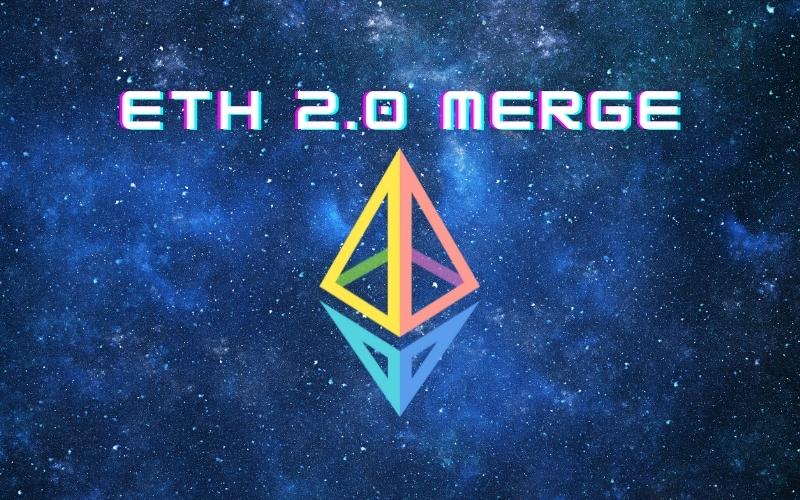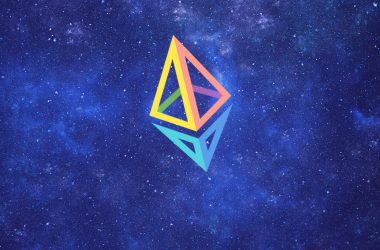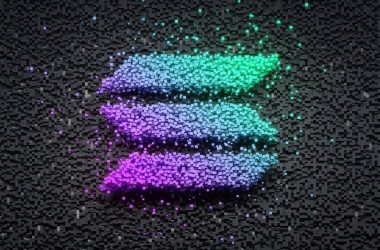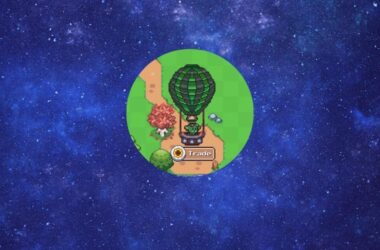- ETH 2.0 has a set date for the first time, expected on September 19.
- Ethereum network still carries some of the leading P2E games.
- The merger event may lead to lower fees and the potential for scalability.
Ethereum has finally set the date for its Beacon Chain merger, the first step toward ETH 2.0. This September 19, also known as Speak Like a Pirate Day, the existing Beacon Chain will merge with the mined Ethereum chain. Currently, Beacon Chain coexists as a test in staking, while transactions still require ETH gas fees.
After that date, Ethereum will become a proof-of-stake network, similar to Solana. The network will not necessarily scale immediately, as the Beacon Chain will still take about 12 seconds per block, similar to the Ethereum time.
ETH 2.0 has been delayed multiple times in the past years, mostly due to miners protesting. The merger’s goal is to establish a single copy of the network, which will carry all high-profile DeFi applications and games.
The months leading up to the merge may revive the levels of related tokens.
Will ETH 2.0 Affect Gaming
The full shift to proof-of-stake may make some Ethereum-based apps more complex. The Ethereum chain will also bring in sharding, which may add to scale and speed.
The biggest effect on gaming is the rally of ETH market prices. This has the potential to boost in-game tokens as well, and improve the liquidity of play-to-earn and decentralized finance. ETH increased to $1,485.21, becoming a growth asset for the first time in months, and may extend its rally ahead of September 19.
Ethereum currently does not carry the top P2E games, though it has been chosen by high-profile NFT collections such as Bored Ape Yacht Club and the upcoming Otherside Meta game. The launch of ETH 2.0 may invite more games to use a faster and cheaper network, as well as more NFT collection drops. Currently, Ethereum-based games report much fewer players and slower smart contract interactions compared to WAX, WEMIX, Avalanche or other faster networks.
Top Ethereum games include Mirandus, Decentraland, Illuvium, as well as Benji Bananas, a freemium game with an added blockchain component.










